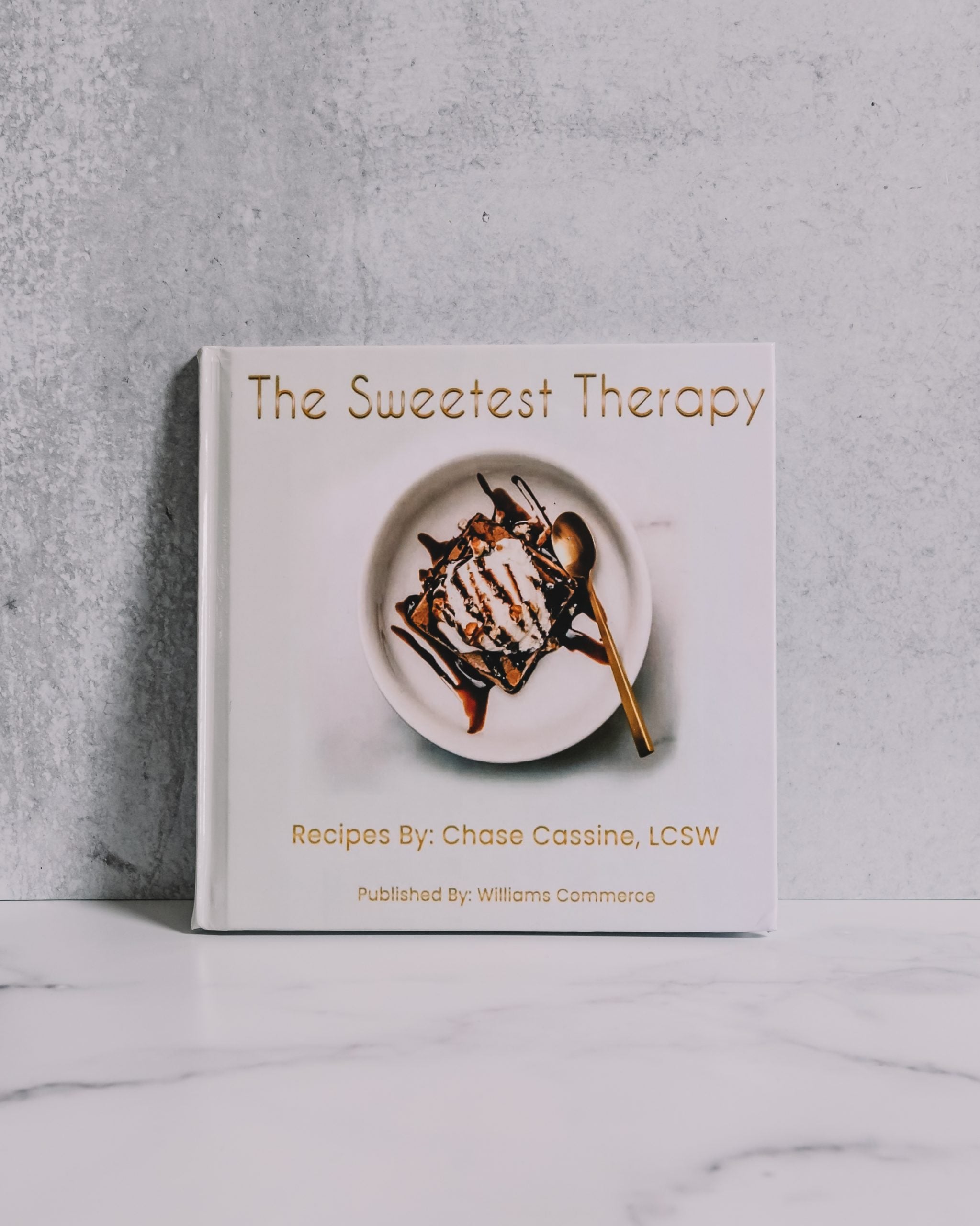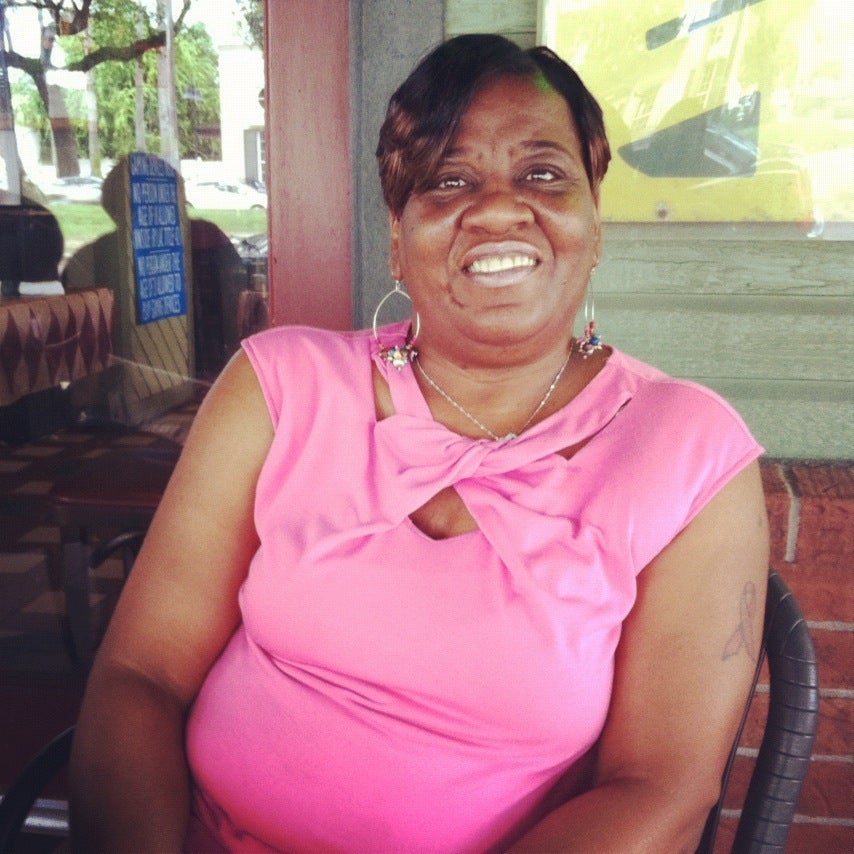
In 2017, one of my biggest fears materialized when I lost my mother to breast cancer. I struggled to cope with the loss of the most important person I had ever known—my beautiful mother. There are a plethora of resources dedicated to significant life events, including support for expectant parents, matriculating students, healthier lifestyles, career transitions, relationship goals and more. However, nothing quite prepares you for the loss of a parent.
My mother bravely battled metastatic breast cancer until the end. Although we had conversations and I knew her time was limited, her departure left me grappling with feelings of emptiness and hopelessness. I learned that experiencing loss as significant as that of a parent isn’t something that one just gets over in due time. Rather, realistically, you learn to cope and function with it on a daily basis, in a reasonable manner.
Before my mother transitioned, my sister and I were her primary caretakers. We were first-hand witnesses who watched her defy the odds. On one occasion, she was informed by a doctor that she would never be able to walk again due to a spinal tumor. My mother stated, “Although medically it seems impossible, I serve a supernatural God who can make me walk again.” Ten months later, after intensive physical therapy, she regained her mobility.

Although my mother was very courageous, eventually, she ended up on the unfavorable side of her fight with cancer. However, she still ended things in her own way, on her own terms. My mother was crazy about birthday celebrations. When she was nearing the time of her transition, we decided to throw her a birthday party. We invited her closest friends and family members and ordered food and cake. She couldn’t eat at the time and was barely responsive but we all talked to her, laughed, danced to music and told stories. The hospice nurses participated in the celebration too. There was so much love in the air. My mother would make minor movements when people would whisper in her ear and chat with her. It was a birthday to remember. After enjoying her favorite holiday, she peacefully crossed over the next day.
We held a beautiful homegoing ceremony for my mother. She was a well-known woman of faith who found favor in the hearts of many. Consequently, her celebration of life was so packed that there were people standing outside. After the service, I bid family and friends adieu, making my way to my car. When I drove off, I noticed that the sky was a gorgeous shade of pink. Surely that was her way of notifying us that she made it safely to the other side.
I went home happy that the service was over and overwhelmed with grief. No one could have prepared me for the pain that followed. Even though I am a licensed clinical social worker, there were no strategies to help me cope with the loss of my mom, so I stopped doing the things that I loved doing. After taking advantage of the time allocated for bereavement, I returned to work. I was going through the motions, but I felt empty inside. I gained a considerable amount of weight. I was not myself. I missed my mom.
One day, I read an article about how people used hobbies as a creative way to deal with their grief. I had always had a knack for making desserts, so I decided to teach myself how to do it from scratch. I discovered the healing art of baking, which scientific studies have shown promotes stress reduction and assists those dealing with mental health symptoms such as anxiety, depression, grief and stress. One of my goals was to create a book to shine the light on a universal subject that is often minimized in society—grief and loss. Everyone was happy to know that I found joy in something. I was inspired to help others in a similar position do the same.

I began to think about writing a book daily and set off to create what would become The Sweetest Therapy. It contains recipes and tells readers about the loss of my mom and how I used baking as a productive activity to help me to heal. Additionally, the book provides practical tips to help people deal with grief. Most importantly, the book states that we don’t ever fully recover from it. Rather, we learn to cope with it.
While going through the process of creating the book, I was able to find happiness again, which I am sure my mother would have wanted. To my surprise, it was well-received by my city of New Orleans. It sold 1500 copies in the first week with the support of family, friends and many others, including recognition from Mayor Latoya Cantrell. It granted me the opportunity to connect with grief expert, author and hospice physician Dr. Karen Wyatt on her podcast and to have an Instagram interview with Dr. Jessica Clemons, commonly known on social media as @askdrjess.
I know my mother is very proud of that.
It’s been five years since my mother departed. There is not a day that passes that I do not think of her. I am honored to write this commemorative piece in one of her favorite publications to honor her life and the lives of all of the other wonderful mothers out there who have parted from the physical realm. And for those who are grieving, it’s ok. For when we grieve, we express an unadulterated form of true love.
Happy Mother’s Day Connie Ann Cassine!
Chase Cassine, LCSW, is a licensed therapist, writer, and as well a staunch mental health advocate. He graduated from Southern University at New Orleans with a Bachelor of Arts degree in Psychology and a Master’s degree in Social Work. Currently, he provides counseling at a community health clinic in New Orleans, Louisiana, specializing in grief, communication issues, adjustment issues, trauma, depression, and anxiety. Additionally, as a trauma-informed therapist, he emphasizes a clinical approach of empathy, safety, resilience, and empowerment. A proud New Orleans native, he is a lover of the city’s unique culture and possesses a great sense of humor as well as an intense passion for baking.